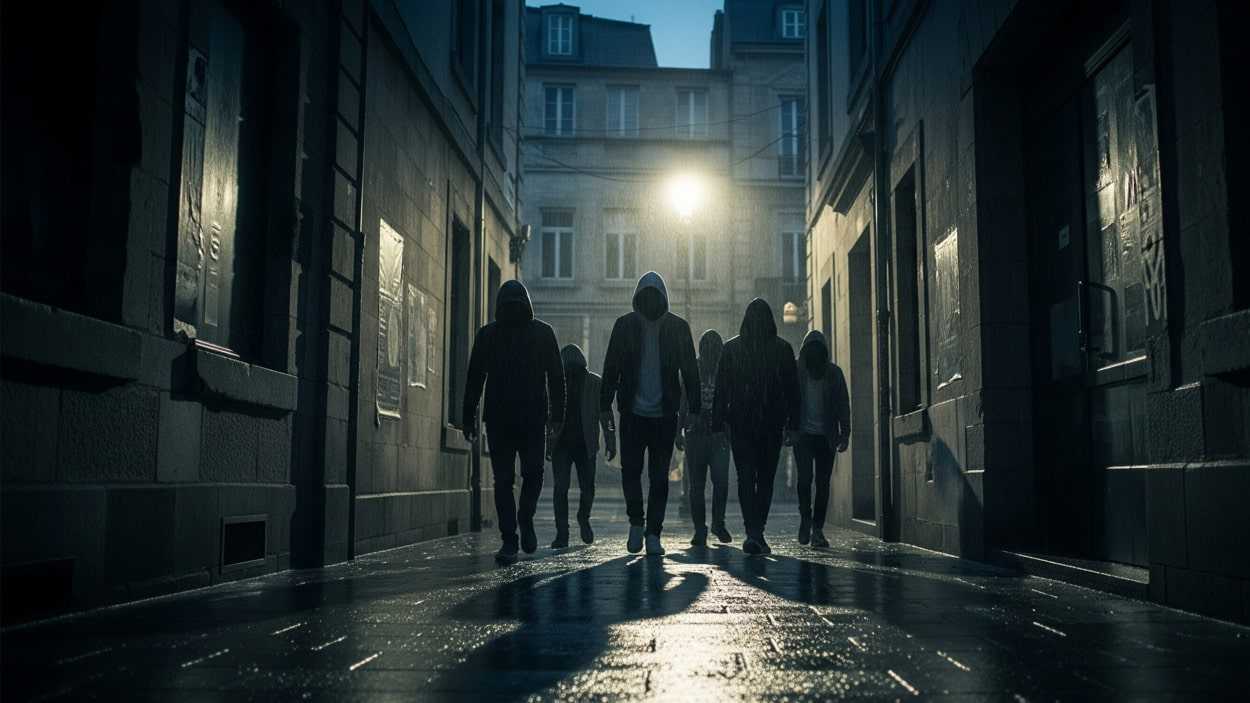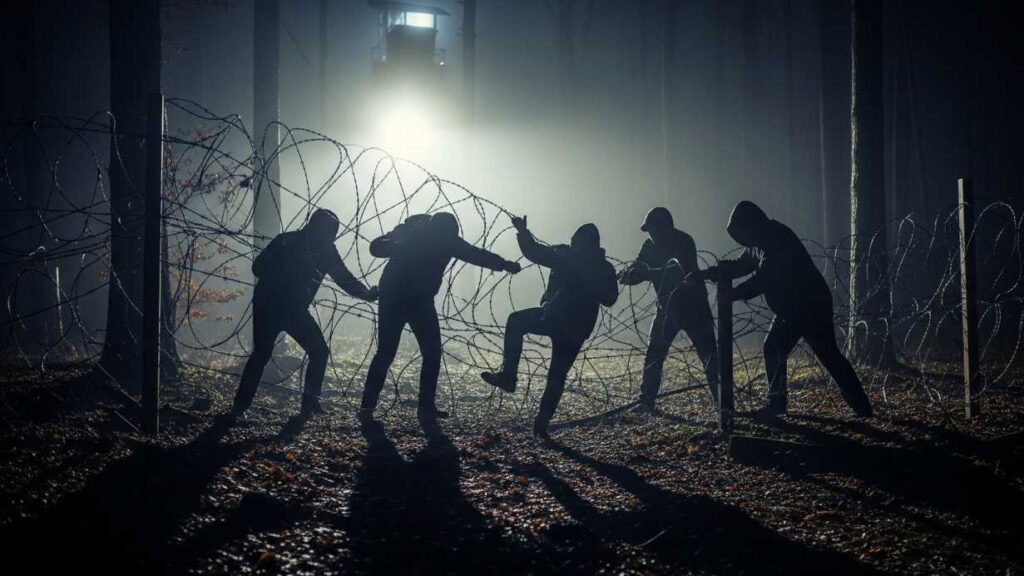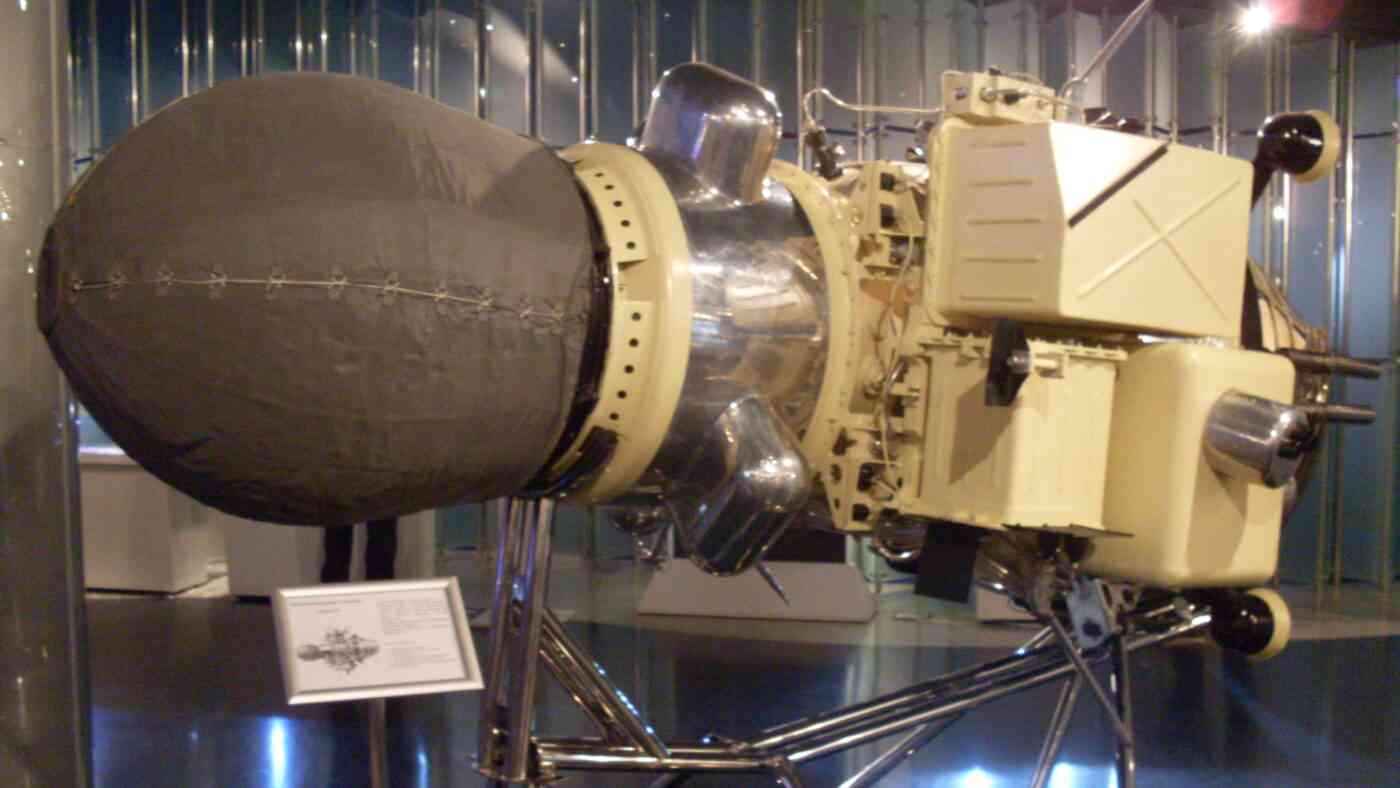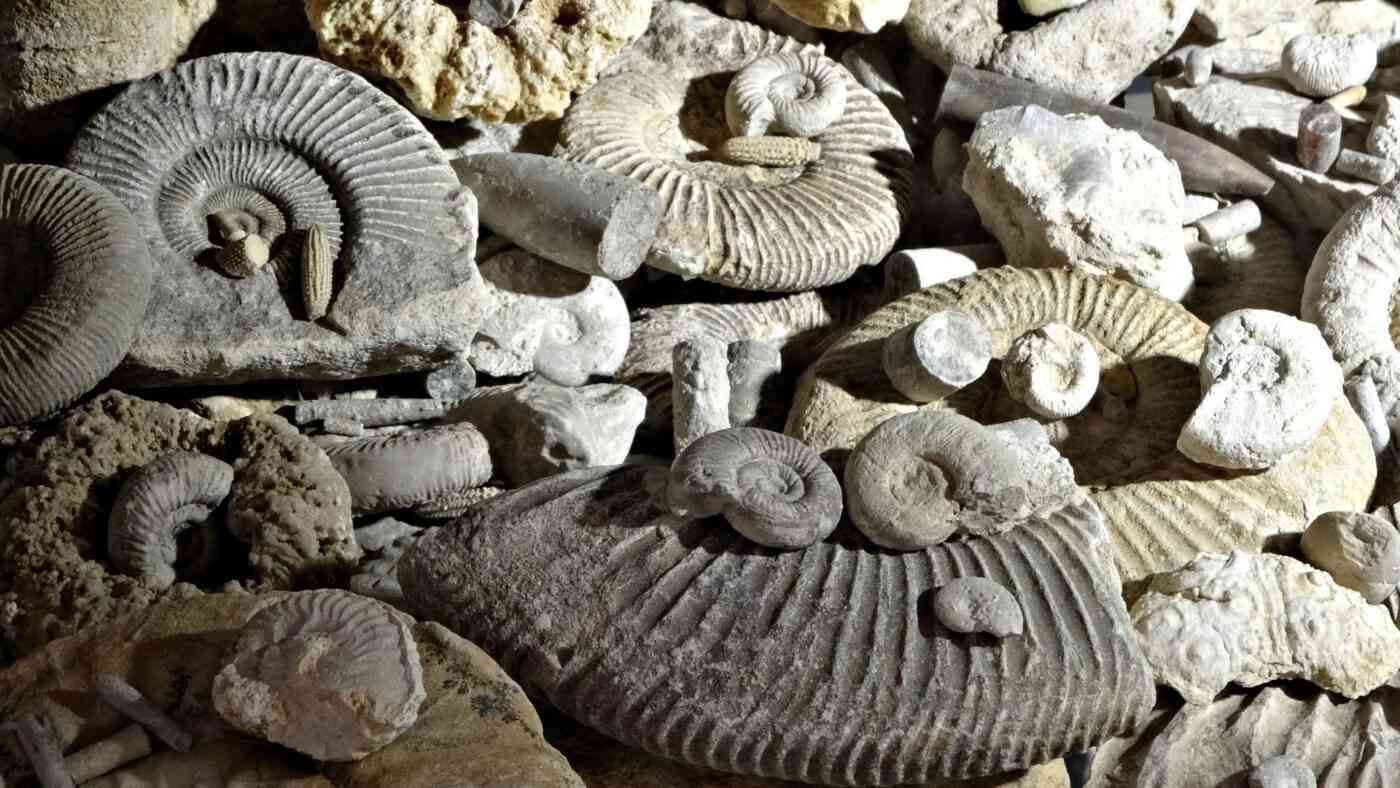Science
Lost on the Moon for 60 Years: AI Joins the Search
23 February 2026

Jacek Piekara, a popular writer, columnist, and journalist, recalls his positive encounter with multiculturalism from years ago but he now focuses on the negative effects of migration he observes today. The conclusions he presents in his column may stir emotions, but they also serve as a diagnosis of reality seen through the eyes of a keen observer. "They are bringing their ethnic and tribal conflicts, their barbaric customs to Europe; they specialize in committing crimes ranging from theft and robbery to harassment and drug trafficking, all the way to rape, pedophilia, and murder," Piekara points out.
I was born and raised in the Polish People’s Republic (PRL), a country that was not only insular but also ethnically and culturally uniform. This uniformity had its advantages, but it also had its disadvantages. Above all, however, it awakened a longing for otherness – for foreign languages, customs, clothes, food, and artifacts from different cultures.
In the PRL, most citizens could only experience such differences in museums or through the few television programs that spoke of distant lands and cultures. Travel books also appeared, and they enjoyed immense popularity, whether they were purely journalistic or fictionalized.
In the 1970s, my mother lived in London for quite a while and spoke very positively about the multiculturalism of that gigantic metropolis. And since we had family in London from the so-called “old emigration” (meaning from the war and post-war era), I also went to the UK at the age of 20. It was my first trip to a Western European country.
You might like to read: The Dream of Paradise on Earth Never Dies. Hell Comes as Part of the Package
Multiculturalism immediately entered my life in London. I lived with Poles in a house owned by Vietnamese people. I went to an Irish pub, the nearest shop belonged to Hindus, and initially, I worked in an Arab hotel where my boss was an Arab. Later, I started working for a British shipping company, where my closest friends were: a Black man born in Ghana, a British citizen studying his fifth year of energy engineering in the Soviet Union, and an Australian, the son of Czech emigrants.
By the way, I was very curious about my African-English colleague’s impressions of communism and the Soviet Union. He had been there for almost five years, returning to England only for holidays to earn money. So, I asked him what he thought of the Soviet Union, and he looked at me seriously and said, “Jack, this is hell.”
At that moment, I thought: well done, Soviet comrades! If you’re bringing students from Africa to indoctrinate them, and they come away with the impression that your country is hell, it means communism is destined to fall!

In any case, I liked everything about London. It was colorful, interesting, and rich. For a resident of the poor, backward PRL, just visiting the shops was a fantastic experience. I remember going to music stores and looking at the thousands of records and cassettes available there (I returned to Poland with a large collection!), which for a PRL resident was like visiting Ali Baba’s treasure cave.
Interestingly, and what may seem astonishing to a citizen of today’s world, London was also very, very safe. Believe it or not, I felt much safer there than in Poland. During my year in the UK, I never once saw a scene of violence: not only a fight, but even a heated argument. Oh, I apologize, I once saw two drunk homeless people stumbling on a subway platform. But that was the extent of my experiences with violence in London.
I certainly didn’t avoid public places. I traveled, walked at night, and went to pubs and concerts. It was safe everywhere. Incidentally, my female Polish friends felt just as safe.
I’m telling you all this to show that my youthful experiences with multiculturalism were either good or neutral, and generally, I felt so comfortable abroad that I wondered if I should even return to Poland. Especially since, due to a verdict and a lawsuit brought against me by communist Security Service officers, I could have applied for political asylum.
However, the thought that I would never learn English well enough to write books in it prevailed. This would have been sad since I was already seriously considering becoming a writer. I also had my first books accepted for publication.
The Poland I returned to in 1986 was terrible compared to the UK – poor, gray, sad, and closed off. This began to change gradually, however. Perhaps some of you remember the time when the first stores with goods from India were opening in Warsaw. Oh, how successful they were! You could buy so many beautiful clothes, fantastic scents, and original home items there.
A new world of flavors opened up as the first restaurants dedicated to foreign cuisines appeared. We discovered the taste of Indian, Chinese, Turkish, or Japanese food and learned what real American burgers, steaks, or ribs were like. After 1989, I remember dozens of “Chinese food stands” that filled the entire center of Warsaw and were eagerly used by its residents.

And now, many publicists and politicians (who, because of their profession, should demonstrate professionalism, not naivety) tell us what a wonderful and enriching experience the presence of immigrants is because they bring new flavors, new clothes, new culture… It’s hard to find a more infantile approach to the problem of migration.
Because today’s migration is not at all about pleasant multiculturalism. Instead, it is an invasion of aggressive, barbaric hordes who want to treat the country they have arrived in and its citizens like occupied territory.
The fact that you, as a Polish citizen, have a whim to smoke shisha, eat sushi, and wear a poncho, or that you like kebabs, is not at all the same as wanting thousands of culturally different immigrants to roam the streets of your city, disrespecting your civilizational values, your customs, and the laws of your homeland. This is one of the key negative effects of migration.
It is a blatant lie and nonsense what some Catholic hierarchs say, and what, for example, Tomasz Terlikowski – a liberal-leftist publicist pretending to be a Catholic – repeats: that the Catholic Church commands us to accept immigrants.
This is because the Catechism states exactly this: “Political authorities, for the sake of the common good for which they are responsible, may make the right to immigrate subject to various juridical conditions, especially with regard to the respect of the duties of migrants toward the host country.”
An immigrant is obligated to:
Meanwhile, these new immigrants don’t want to integrate, work, or learn the language or obey the law. Hailing from the Third World, they want to transform our Europe into the same. They introduce their ethnic and tribal conflicts and barbaric customs, specializing in crimes that span from theft and robbery to harassment, drug trafficking, rape, pedophilia, and murder. They act as if everything is their absolute right.
Any country that accepts them experiences civilizational regression, mainly in the area of public safety. This is no longer the pleasant multiculturalism I remember from my time in London. These are the negative effects of migration, a barbaric invasion.
Opening up to other cultures and getting to know other countries and their citizens is a fantastic experience. The Earth is interesting in its political, social, customary, climatic, and geographical complexity. However, just because we are willing to go on an expedition to Spitsbergen doesn’t mean we would want an iceberg to float to our doorstep.
Read the original article: Jacek Piekara: Cena za naiwną gościnność? Strach na ulicach


Science
22 February 2026

Zmień tryb na ciemny